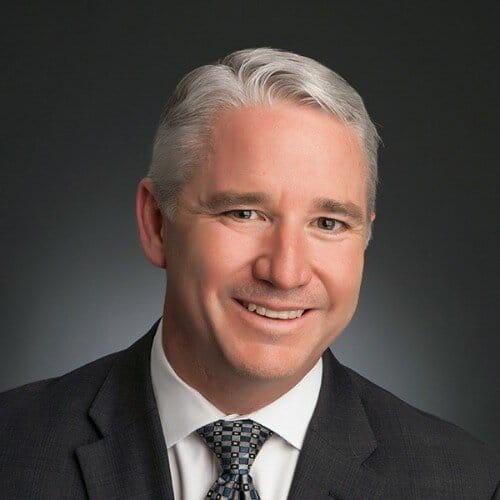By Clay Holderman
In the trough between COVID outbreaks, my mind has been occupied with how to support our workforce in recovering from the traumas inflicted by this pandemic. In debriefing sessions, Schwartz Rounds and personal conversations, clinicians have shared with me their stories. They describe the feeling of “moral injury” from enforcing severe visitor restrictions. They share dramatic stories of treating multiple members of the same family and watching some recover and some succumb to the disease. They tell of the exhaustion from never-ending worry – both the anxiety of coming to work and the fear of taking it home.
I reached out to peers (CMO and COO) from 11 different health systems across the nation, and the discussion is similar everywhere. One revelation from all of those discussions is this – our current focus on “resilience” as the issue may be adding to the problem.
Many caregivers have told their organizations that the focus on resilience can be seen as one more thing that THEY have to fix – one more area where THEY haven’t measured up. “If only I were more resilient, I wouldn’t be so emotionally and physically exhausted. I have to be stronger…”
We must change the dialogue. Merriam Webster defines resilience as “the capability of a strained body to recover its size and shape after deformation caused especially by compressive stress.” What if, instead of focusing on the “capability” in this definition (which is internal to the caregiver), we focused on how the organization can help with the compressive stress and the recovery?
Press Ganey has done an exceptional job of unpacking resilience into two actionable areas, Decompression and Activation as published by Harvard Business Review. They measure them with the following questions:
| Decompression I can enjoy my personal time without focusing on work matters. I am able to disconnect from work communications during my free time (emails/phone, etc.). I rarely lose sleep over work issues. I am able to free my mind from work when I am away from it. | Activation I see every patient/client as an individual person with specific needs. I care for all patients/clients equally even when it is difficult. My work is meaningful. The work I do makes a real difference. |
Rather than conversations about workforce resilience, can we as a healthcare organization lean into conversations with our workforce on how our systems impact these key drivers? Can we make a real difference in how our communication tools and inbox expectations make decompression impossible? Can we own the mechanisms and spaces to return meaning to the sacred clinical interaction and the removal of administrative distraction? Can we make the conversation about our responsibility to design and resource the work rather than the workforce’s ability to endure and recover from it?
Does this resonate with you, as a caregiver, one who supports our caregivers, or as a leader? I would be interested in your response. Please join the conversation.
Clay Holderman is the executive vice president and COO for Presbyterian Healthcare Services in Albuquerque, New Mexico, a not-for-profit integrated system of hospitals, clinics, a medical group and one of the nation’s largest provider-led health plans. New Mexico is a National Laboratory for healthcare innovation, and Clay writes about his observations and findings at https://clayholderman.health/.
The Editorial Team at Healthcare Business Today is made up of skilled healthcare writers and experts, led by our managing editor, Daniel Casciato, who has over 25 years of experience in healthcare writing. Since 1998, we have produced compelling and informative content for numerous publications, establishing ourselves as a trusted resource for health and wellness information. We offer readers access to fresh health, medicine, science, and technology developments and the latest in patient news, emphasizing how these developments affect our lives.








